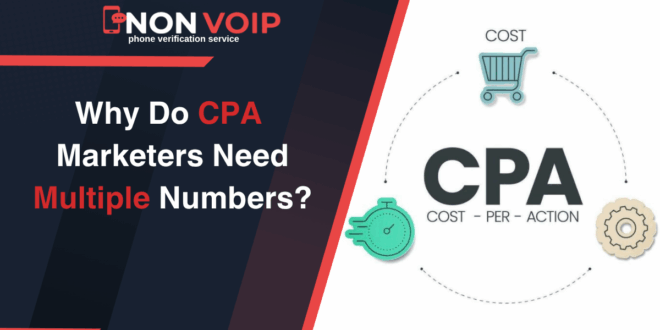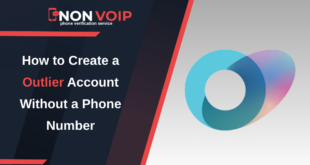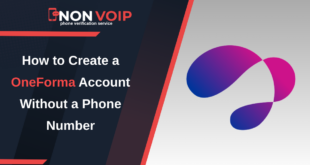What if you could make a profit online without having to convince anyone to buy a product?
This is the essence of CPA marketing, or “Cost Per Action,” a model that allows marketers to earn a significant income for simple actions a user takes, such as downloading an app, submitting an email address, or filling out a form.
However, success here doesn’t just depend on choosing the right offer. It extends to how you build and manage your digital footprint and your technical tools, which can be as simple as the phone numbers you use to verify your accounts.
In this comprehensive guide, we’ll explain the fundamentals of CPA and then reveal a core strategy that professionals use to protect their accounts, secure their profits, and scale their business—a strategy that beginners often completely overlook.
What is CPA Marketing?
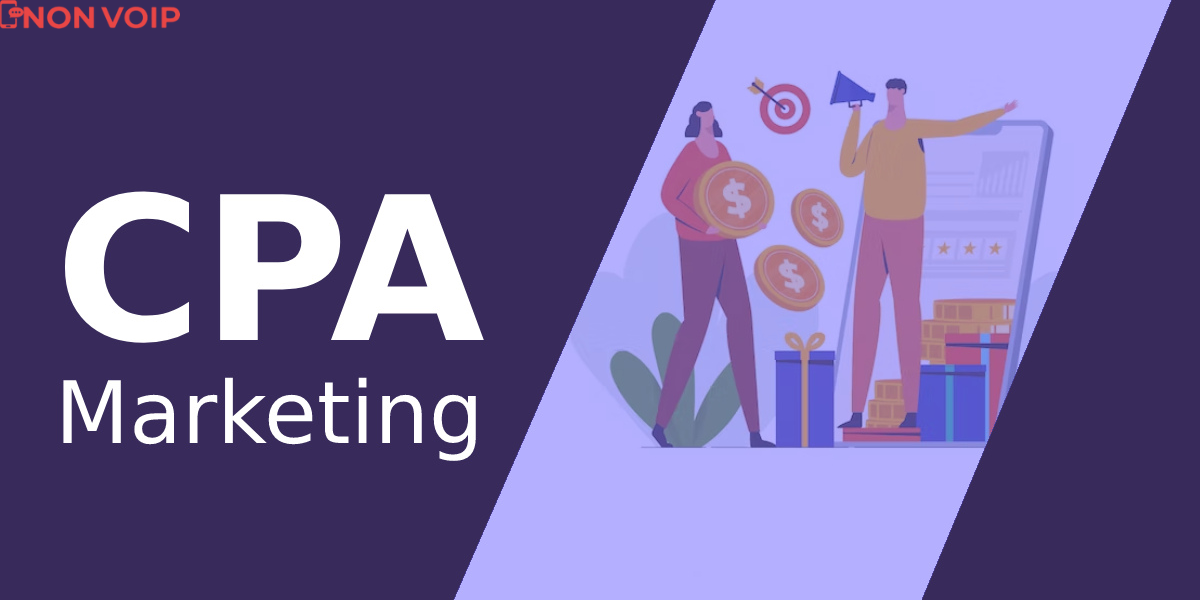
In the simplest terms, CPA marketing is an advertising model where you earn a commission for a specific “Action” a customer completes.
Unlike traditional sales, you don’t need to persuade someone to take out their credit card and buy something. The required action can be very simple, such as:
- Entering an email address on a page.
- Filling out a short form.
- Installing a free app on a phone.
- Signing up for a free trial of a service.
For this reason, CPA is very attractive, as encouraging someone to take a free action is much easier than convincing them to make a purchase.
What Is The Difference Between CPA and Affiliate Marketing?
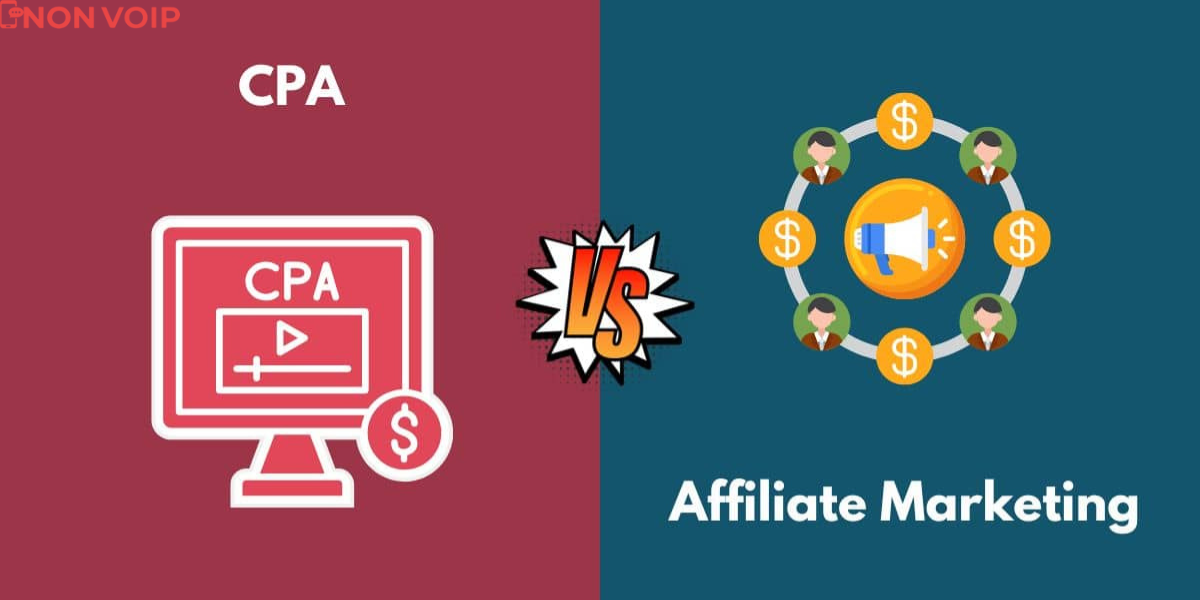
You might hear the terms used interchangeably, but there is a subtle and important difference between CPA and affiliate marketing.
Think of affiliate marketing as the large umbrella that covers all types of marketing where you earn a commission. Often, this model focuses on completing a sale (Cost Per Sale – CPS).
CPA marketing, on the other hand, is a specific and precise specialty under this umbrella. It focuses exclusively on the “Action” (Cost Per Action). This specialization allows for faster results and requires slightly different strategies, which makes understanding it critically important.
How Does the CPA Ecosystem Work?
There are four key players in any successful CPA campaign:
- Advertiser: The company that owns the product or service (e.g., a gaming company that wants more downloads for its app).
- Publisher: This is you, the marketer who promotes the offer to attract customers.
- CPA Network: The intermediary or marketplace that gathers thousands of offers from advertisers and presents them to you as a publisher to choose from. There are hundreds of these networks, and choosing the right one is the first important decision you’ll make. To learn more about this, you can read our article on profiting from CPALead for beginners, which explains how to earn your first profits.
- Customer: The person who performs the required action (e.g., downloads the game).
What Are the Most Popular Types of CPA Offers?
When you browse CPA networks, you’ll find that offers are often divided into categories based on the required action. The most common types of CPA offers are:
- CPL (Cost Per Lead): You earn a commission for each person who submits their information (like an email or phone number).
- CPI (Cost Per Install): You earn a commission every time an app is installed through your link.
- SOI/DOI (Single/Double Opt-In): A type of CPL offer. With SOI, the lead is counted as soon as the email is submitted. With DOI, the customer must confirm their email via a confirmation link, and the commission is higher.
Why Do CPA Marketers Need Multiple Numbers?

When you start your online marketing journey, you build what is known as a “digital footprint.” Think of it as your tracks in the digital world.
Every account you create, every website you visit, leaves a trace. The clearest and most powerful trace you leave is your personal phone number.
Major advertising networks (like Facebook, Google, and TikTok) and CPA networks use this footprint to identify you. This is crucial for protecting your digital footprint in CPA marketing.
The problem is that if you make a mistake that leads to one of your ad accounts being banned, the ban isn’t just tied to that account; it’s tied to your entire digital footprint, with your phone number at the top of the list.
This means any other account—current or future—linked to the same number is now at severe risk.
How Do Professionals Use Multiple Phone Numbers?
A professional marketer doesn’t let their business depend on a single digital footprint. Instead, they build a smart infrastructure that allows them to operate securely and scale their profits. Here’s how they use multiple numbers to achieve this:
- Building a Network of Ad Accounts: A pro doesn’t put all their money and campaigns into one ad account. They own multiple accounts: warm-up accounts, accounts for testing new offers, and primary accounts for successful and stable campaigns.
- Joining Exclusive CPA Networks: The best and most profitable offers are not available to everyone. Elite networks require a strict registration process, and having a ready-to-use US number opens the doors to these exclusive networks.
- Testing Offers and Campaigns Safely: Before spending a large budget on a campaign, a smart marketer tests it on a small scale. Using isolated test accounts (with their own phone numbers) allows them to experiment with different strategies without risking the reputation or safety of their main accounts.
- Horizontal Scaling: When you find a successful campaign, there are two ways to scale it: either increase the budget (vertical scaling) or replicate the same campaign across several different ad accounts (horizontal scaling).
Read more: Protect Your Digital Footprint from Hackers
Where Do CPA Marketers Actually Use These Numbers?
These strategies are applied daily on real platforms that no marketer can do without. The most prominent are:
- Ad Platforms (Facebook, Google, TikTok): To create multiple ad accounts for risk distribution, each account requires a unique digital footprint, and the phone number is the most crucial part.
- Exclusive CPA Networks (like CPAlead): Joining top-tier networks requires a strict verification process, and many require a phone number to send a code. You can Read more at the guide about how to make money on CPAlead
- Communication Tools (WhatsApp, Telegram): Marketers use these to communicate with affiliate managers and join exclusive workgroups. Using a separate business number maintains their professionalism and privacy.
Where Do You Get Reliable Numbers?
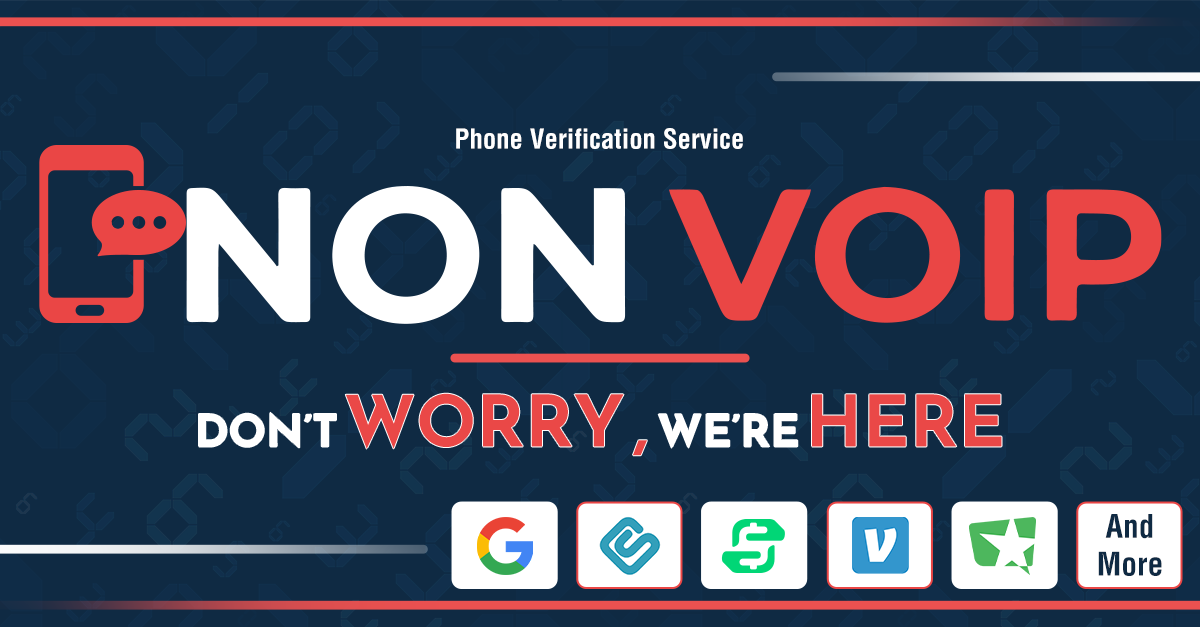
Building this infrastructure might seem complicated and expensive. Buying and managing multiple SIM cards is impractical.
This is where Non-voip’s solutions for marketers and professionals who need to manage their digital footprint effectively come in.
Instead of free virtual numbers that are easily detected and blocked, Non-voip provides you with real, temporary phone numbers.
This ensures they are accepted by the most secure platforms and CPA networks, and guarantees that activation codes arrive instantly and reliably, all through one easy-to-use dashboard.
In Conclusion
A smart investor doesn’t put all their money into one stock, and a professional marketer doesn’t put all their business under a single digital footprint. Every new ad account and every CPA network account is a digital asset that builds your wealth.
Protecting these assets requires professional tools, such as using multiple phone numbers through Non-voip.
 Blog Non-VoIP
Blog Non-VoIP
